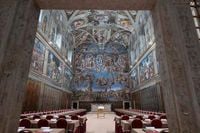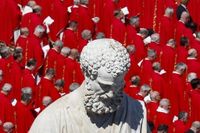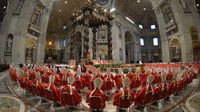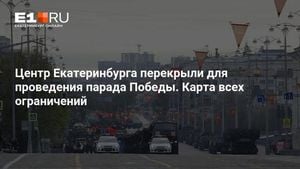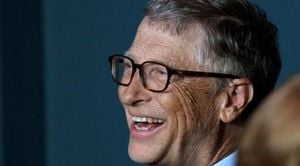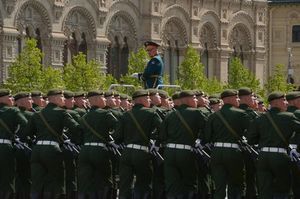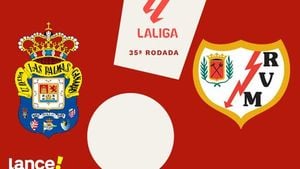On Wednesday, May 7, 2025, the Vatican will be the focal point of global attention as the 76th conclave opens to elect the 267th sovereign pontiff of the Catholic Church. This significant event follows the death of Pope François on April 21, 2025, at the age of 88, and marks a critical moment in the history of the Church as 133 cardinal electors gather to determine the next leader of the world's 1.4 billion Catholics.
The conclave will commence at 4:30 p.m. local time in the Sistine Chapel, where the cardinals will engage in a highly structured electoral process. Prior to the voting, a special mass, known as "Pro eligendo Papa," will be held at 10 a.m. in St. Peter's Basilica, led by Cardinal Giovanni Battista Re, the dean of the College of Cardinals. This solemn ceremony sets the stage for the important decisions that will follow.
As the cardinals enter the Sistine Chapel, they will take an oath of secrecy, pledging not to disclose any details of the discussions or votes, under penalty of excommunication. The phrase "Extra omnes," meaning "Everyone out," will signal the start of the conclave, ensuring that only the electors remain within the chapel.
In total, 133 cardinals will cast their votes, with the requirement of securing two-thirds of the votes, or 89, to elect the new pope. This year, the electors will consist of 135 cardinals under the age of 80, although two have opted out due to health issues. The voting process allows for up to four rounds each day, with two in the morning and two in the afternoon. The first day will feature only one vote, typically viewed as an initial gauge of support among the cardinals.
The conclave has no predetermined duration, but recent history suggests a preference for a swift resolution. For instance, both Pope Benedict XVI and Pope François were elected within two days. However, the longest conclave in history lasted over two years, underscoring the unpredictability of the process.
As the cardinals prepare to cast their votes, discussions about potential candidates have intensified. Among the favorites is Jean-Marc Aveline, the Archbishop of Marseille. Theologian Jean-François Colosimo has indicated that Aveline is a leading contender, stating, "He is an obvious candidate, and it is rumored that some Italian cardinals have already opted for him." Aveline's candidacy reflects the evolving dynamics within the College of Cardinals, which has become more representative under Pope François, with a diverse range of backgrounds and ideologies.
In the days leading up to the conclave, the cardinals have held numerous meetings to discuss the qualities needed in the new pope and the direction the Church should take. These gatherings, known as general congregations, have allowed the cardinals to exchange views and refine their preferences, fostering a sense of camaraderie among the electors.
During the conclave, the Vatican will implement strict security measures, including the temporary suspension of cellular signals within its territory, except for St. Peter's Square. All electronic devices will be confiscated to ensure the confidentiality of the proceedings. The cardinals will be housed at the Sainte-Marthe residence within the Vatican, where they will remain isolated from the outside world.
The results of each voting round will be communicated through the color of the smoke emitted from a chimney installed on the Sistine Chapel. Black smoke will indicate that no pope has been elected, while white smoke will signal a successful election. This tradition, which has been in place since the 19th century, serves as a direct line of communication with the faithful gathered outside.
Once a candidate achieves the necessary majority and accepts the election, the cardinal protodiacre, currently Dominique Mamberti, will announce the news to the world with the iconic phrase, "Habemus papam!" or "We have a pope!" The newly elected pope will then make his first public appearance from the balcony of St. Peter's Basilica, offering his apostolic blessing.
The conclave's proceedings are steeped in tradition, with roots tracing back to the first conclave in January 1276, which elected Pope Innocent V. Since then, the process has evolved, but the core principles of secrecy and solemnity remain intact. As the cardinals embark on this momentous journey, the eyes of the world will be upon them, eager to witness the emergence of the next leader of the Catholic Church.
In this pivotal moment, the conclave not only represents a transition in leadership but also reflects the broader challenges facing the Church today. With diverse perspectives among the electors, the outcome will undoubtedly shape the future of Catholicism and its role in the modern world.
